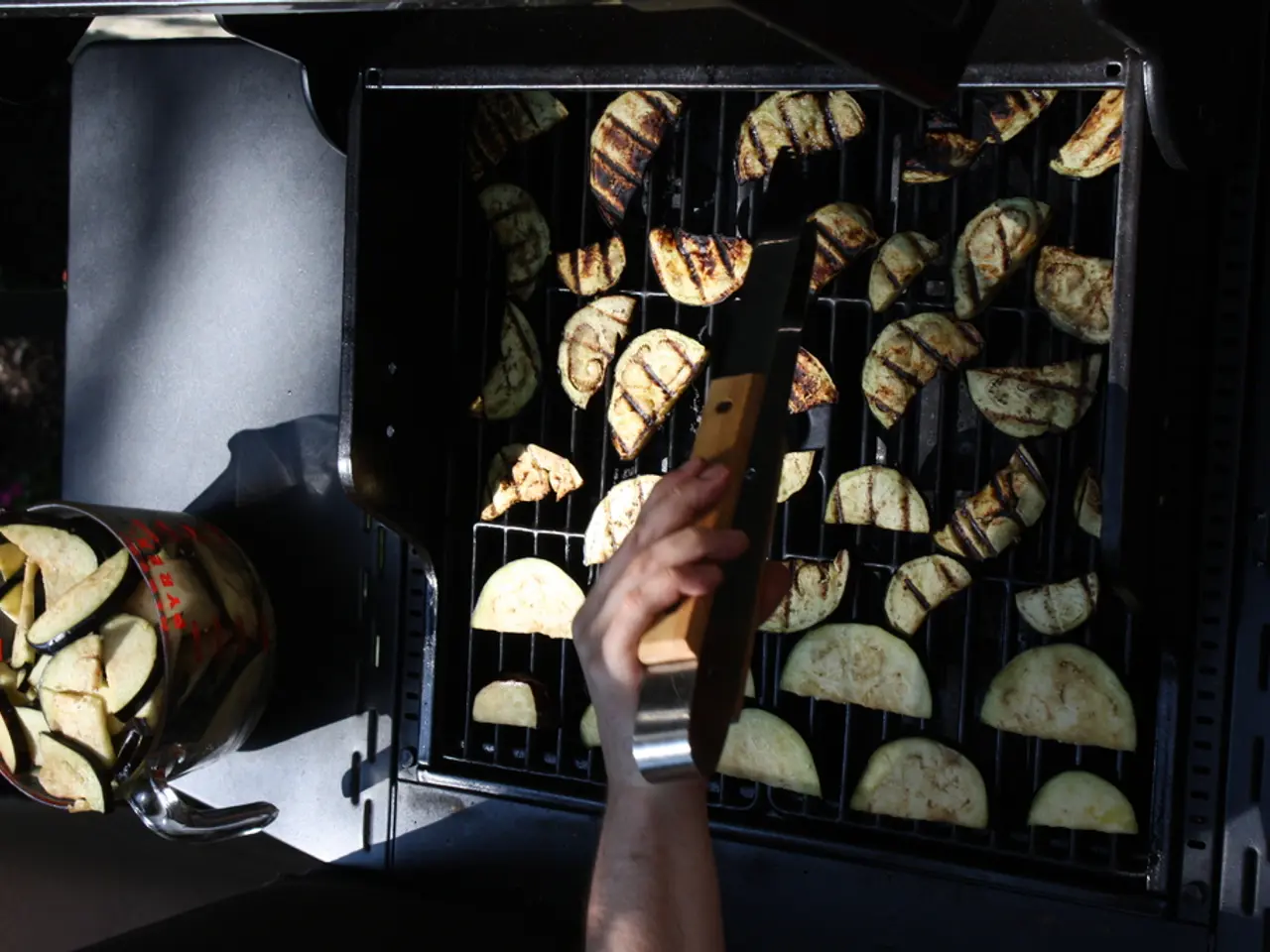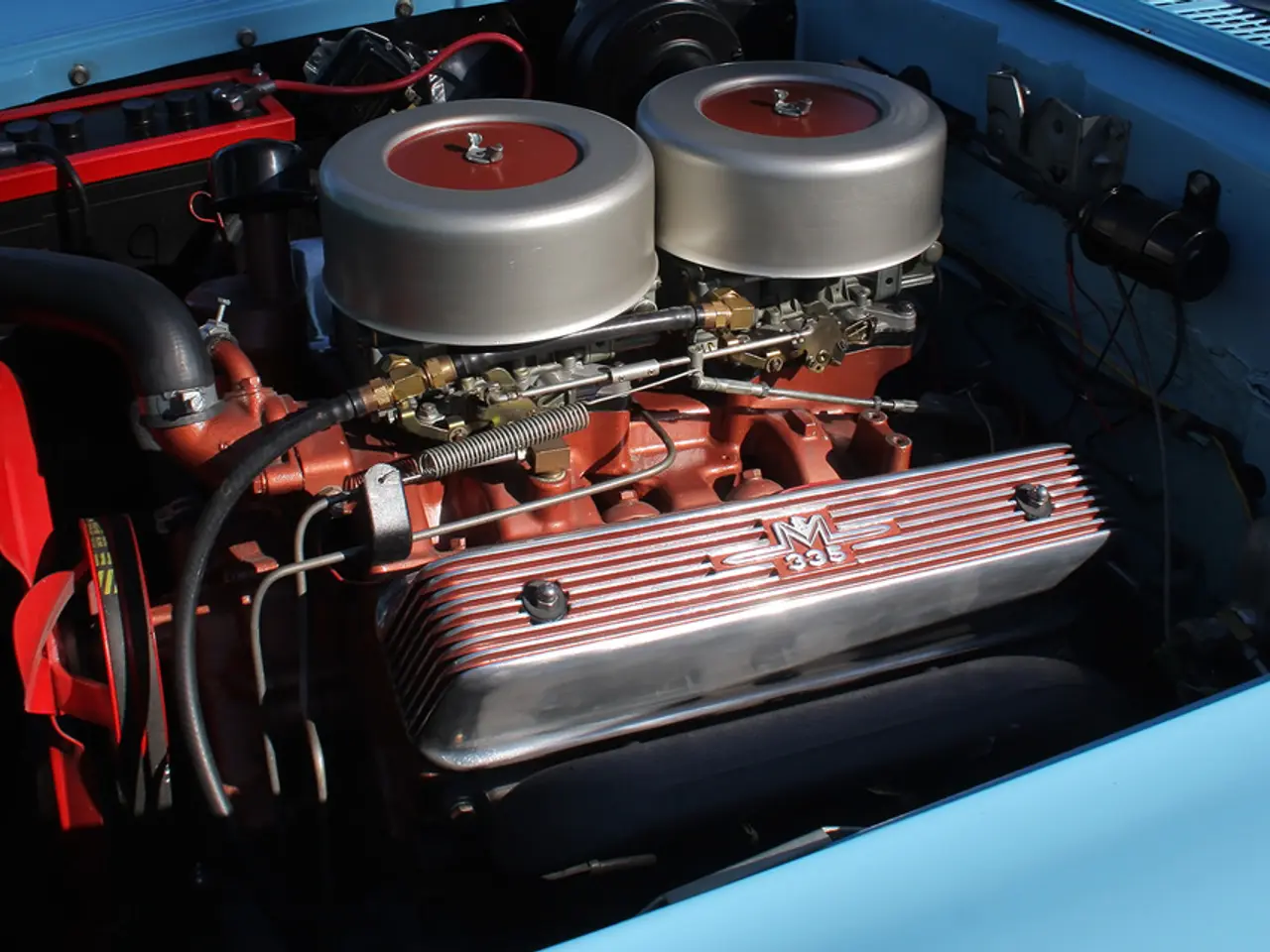Del Taco franchise owner files for bankruptcy in Georgia and Alabama
In a series of events that have sent shockwaves through the food service industry, Matador Restaurant Group, a 22-unit Del Taco franchisee based in Greenville, South Carolina, has filed for bankruptcy. The filing, which occurred on Tuesday, has temporarily closed all but one of the chain's restaurants in Colorado.
The bankruptcy filing comes as Matador grapples with financial difficulties, a significant portion of which can be attributed to Merchant Cash Advances (MCAs). These financial instruments, while providing quick funding during times of need, have been a source of risk for Matador. The company has taken out over $2.7 million in 10 separate MCAs with nine different entities.
MCAs, which provide businesses with upfront cash in exchange for a portion of future revenues, carry high effective annual percentage rates (APRs), often between 50% and 300% or more. For Matador, this has meant excessive fees, an excessive interest rate, and aggressive payback schedules that have only added to their financial distress.
The constant cash outflows created by MCA repayments have strained Matador's operating funds, reducing money available for critical expenses such as rent, payroll, and suppliers. This is particularly challenging for restaurants with variable daily sales like Matador.
Moreover, the complex contract terms and limited regulation of MCAs expose businesses to stringent enforcement. If a business defaults, MCA funders may file UCC-1 liens, restrain payments from the business's receivables, sue for breach of contract or unjust enrichment, and seek to freeze or levy both business and personal bank accounts. These aggressive collection tools can jeopardize the survival of businesses like Matador.
The risks associated with MCAs are not unique to Matador. Del Taco, with about 600 locations, has struggled significantly over the past year and a half, with five consecutive quarters of falling same-store sales. System sales declined 1.8% last year, according to Technomic data.
The struggles of Del Taco and other chains have led some franchisees to turn to alternative sources of financing, including MCAs. However, the Matador case serves as a stark reminder of the risks involved. Businesses should carefully evaluate these factors and seek legal advice when considering MCAs.
In a bid to stop collection efforts and allow for reorganization, Matador filed for bankruptcy. The franchisee is owned by Red Door Brands, which also operates Little Caesars, McAlister's Deli, and Arby's restaurants. Each of Matador's other operations has cited the problems with the Del Taco operation and the MCA financing in their bankruptcy filings.
As Matador navigates through its bankruptcy proceedings, the future of the Del Taco brand is uncertain. Jack in the Box, Del Taco's parent company, is selling the brand and expects to find a buyer by the end of the year. In the meantime, the reopening of Matador's Colorado restaurants offers a glimmer of hope for Del Taco fans in the state.
[1] [https://www.bloombergquint.com/onweb/news/merchant-cash-advances-are-the-newest-financing-tool-for-struggling-restaurants] [2] [https://www.bloombergquint.com/onweb/news/del-taco-operator-files-for-bankruptcy-shutters-colorado-restaurants] [3] [https://www.bloombergquint.com/onweb/news/del-taco-operator-files-for-bankruptcy-shutters-colorado-restaurants] [4] [https://www.bloombergquint.com/onweb/news/del-taco-operator-files-for-bankruptcy-shutters-colorado-restaurants]
Restaurant finance has been a significant concern for Matador, as financial difficulties, partly due to Merchant Cash Advances (MCAs), led them to file for bankruptcy. The high effective annual percentage rates (APRs) of MCAs strained Matador's operating funds, putting pressure on critical expenses like rent, payroll, and suppliers. Such business decisions necessitate careful evaluation, including seeking legal advice, to mitigate potential risks.




